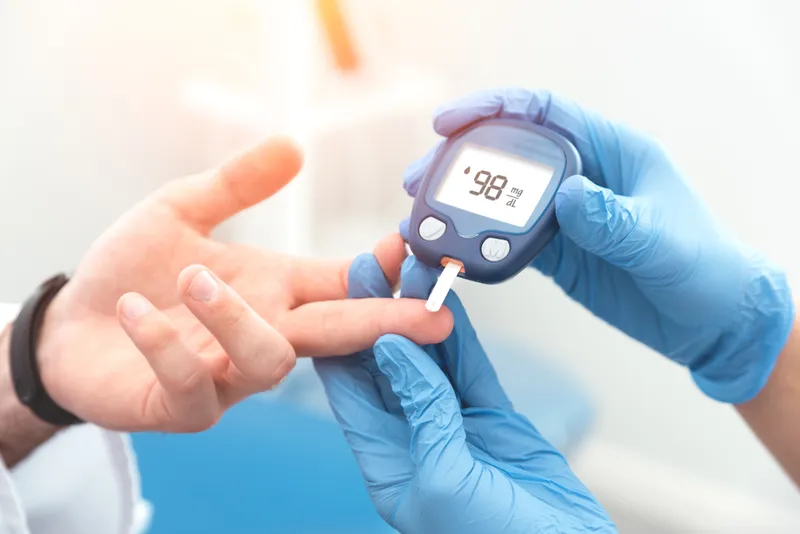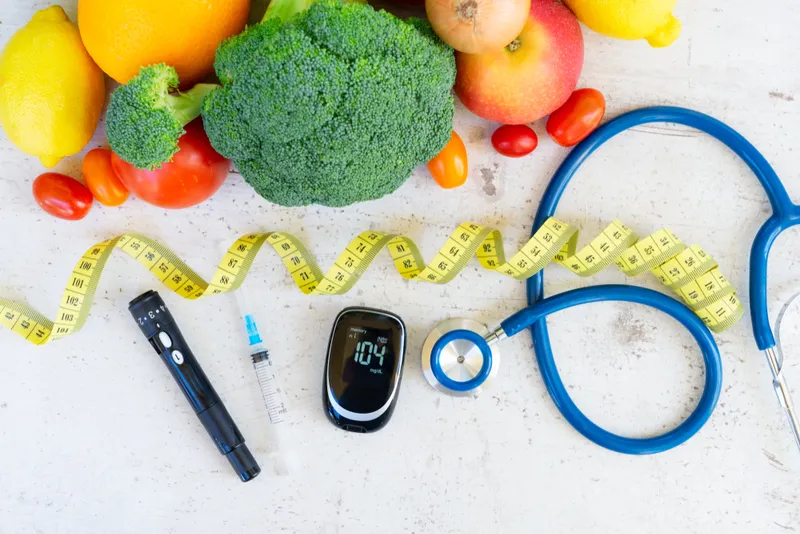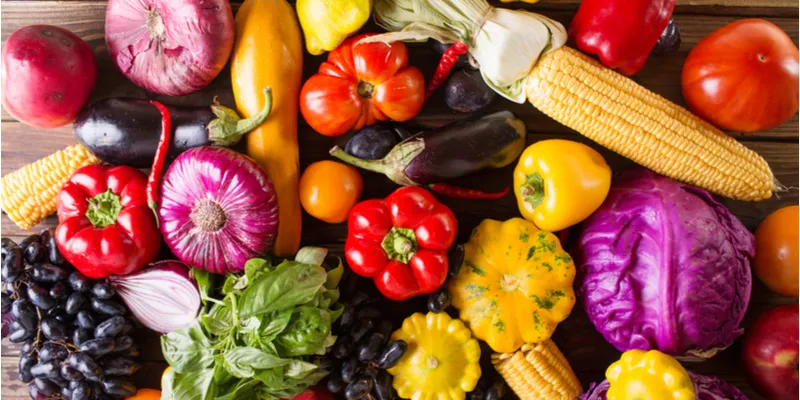Everything you need to know about diabetes and insulin resistance
If you are moving towards diabetes, the first marker to elevate is insulin, not blood sugar. After insulin has been elevated for a prolonged period of time, you will see a rise in blood sugar levels.
India has been termed the diabetes capital. Given the wealth of knowledge and ancient wisdom, this is a sad story.

What is diabetes?
In normal blood sugar metabolism, your body breaks down food into elemental parts that are amino acids, fatty acids, and sugars. Your pancreas releases insulin, which acts like a key to open the doors of your cells and use that fuel for energy.
Your body maintains the level of sugar at around 83 mg/dl.
Your liver stores excess sugar as glycogen and releases it when blood sugar drops too low. Type 1 diabetes is when the part of your body that makes insulin is destroyed. Type 2 diabetes occurs when your pancreas produces insulin but your body is unable to utilise it due to insulin resistance.

ALSO READ

What is insulin resistance?
If you are moving towards diabetes, the first marker to elevate is insulin, not blood sugar. After insulin has been elevated for a prolonged period of time, you will see a rise in blood sugar levels.
Thus, fasting insulin and an insulin response test is essential if you are concerned about preventing metabolic dysfunction.
And given that one in two people have diabesity, this is something you should be concerned about. Insulin resistance can lead to several chronic conditions, not just diabetes. It can increase triglycerides, LDL, lower HDL, increase blood pressure, and create oxidative stress.

What are some of the factors that cause insulin resistance?
Insulin resistance can occur when you have been constantly eating a high sugar diet for many years. Your body gets exhausted from constantly and frequently producing insulin. Eventually, your pancreas will release insulin but your body will be unable to use it as it should. This leads to rising insulin levels.
Chronic systemic inflammation interrupts the communication between insulin and receptors. Being overweight and sedentary can trigger insulin resistance. Even if you do not have diabetes, you then increase your risk to develop it, and several other conditions.
Insulin resistance can create excess magnesium depletion, which can impact sleep and hormones. Poor sleep can in turn increase insulin resistance. Several antidepressants are linked to insulin resistance.

SSRIs promote insulin resistance while inhibiting insulin secretion; antidepressants can also be linked to the development of diabetes.
How is diabetes diagnosed?
You might not be aware of when and how you might be diagnosed with diabetes. When it comes to fasting glucose ranges, if you have levels greater than 125 mg/dl, you will be clinically diagnosed with diabetes. If your level ranges between 100-125 mg/dl you might be listed as pre-diabetic.
Below 100 mg/dl might be considered in range but do note that optimal ranges lie between 78-88 mg/dl and anything outside of that may be triggers for symptoms including poor sleep, fatigue, headaches, dizziness, anxiety, mood swings, hormone imbalance and brain fog.
Other markers that are useful to look at are HBA1C and insulin itself.
How can you avoid diabetes?
- The main thing to always focus on is to eat a diet that ensures stable blood sugar at every single meal. One of the signs that you do not have stable blood sugar is if you get angry or unstable with delayed or missed meals. Your meals should have fat, fibre, and protein. Most people who eat low fat, suboptimal protein, low fibre, and high sugars create constant insulin spikes, making them insulin resistant and eventually pre-diabetic. I often see people who think that they are eating very healthy diets when in fact they are eating mostly starch and sugars at each meal. Protein and fat help buffer the blood sugar spike and crash, and when combined with non-starchy fibrous carbohydrates, they hey allow your body to maintain blood sugar stability.

- High stress causes your body to raise cortisol continuously. Cortisol leads to insulin resistance and is also a cause of diabetes. Stress management is spoken about everywhere today but sadly few people actually apply mindfulness practices to support this.
- Lack of exercise and a sedentary lifestyle are one of the biggest triggers driving diabetes. When you put your muscles under stress with exercise and resistance training your glycogen stores increase, insulin receptors increase, metabolic rate increase, and the mitochondria that actually burn glucose and fat also increase. High intensity interval training, also known as HIIT, burn up blood sugar very quickly allowing your muscles to soak up glucose from your bloodstream. If you are not already working out, do not begin suddenly. When you have metabolic chaos happening within, you need to build up slowly.

- If you are already in a pre-diabetic state, you may not do well with high glycemic foods. While the common recommendation by several nutritionists is to eat even the high glycemic foods, do note that we would not be a diabetic capital without certain lifestyle triggers.
- Deficiencies that trigger inflammation include omega-3, magnesium, folate, iron, zinc, selenium, and many more. If you are already pre-diabetic then it is important that you add nutrients such as chromium, magnesium, zinc and B vitamins. You also need to ensure that you are not deficient in any nutrient by eating a diverse diet.
- Fasting can be a great tool to reverse insulin resistance provided that you are not in a situation with several health challenges. Fasting should be strategic and incorporated after you have brought the body to a better space. This is especially important for women. I have seen many women embracing intermittent fasting only to throw off their hormones and end up with anxiety.
Do note that the longer your body has been insulin resistant the longer it may take to restore balance. When your blood sugar is down to a normal range of 78-88 mg/dl then you are considered to have reversed diabetes. The better approach would be to prioritise healthy eating, good sleep, optimal exercise and stress reduction before you end up in a situation that is more challenging.
Edited by Saheli Sen Gupta








